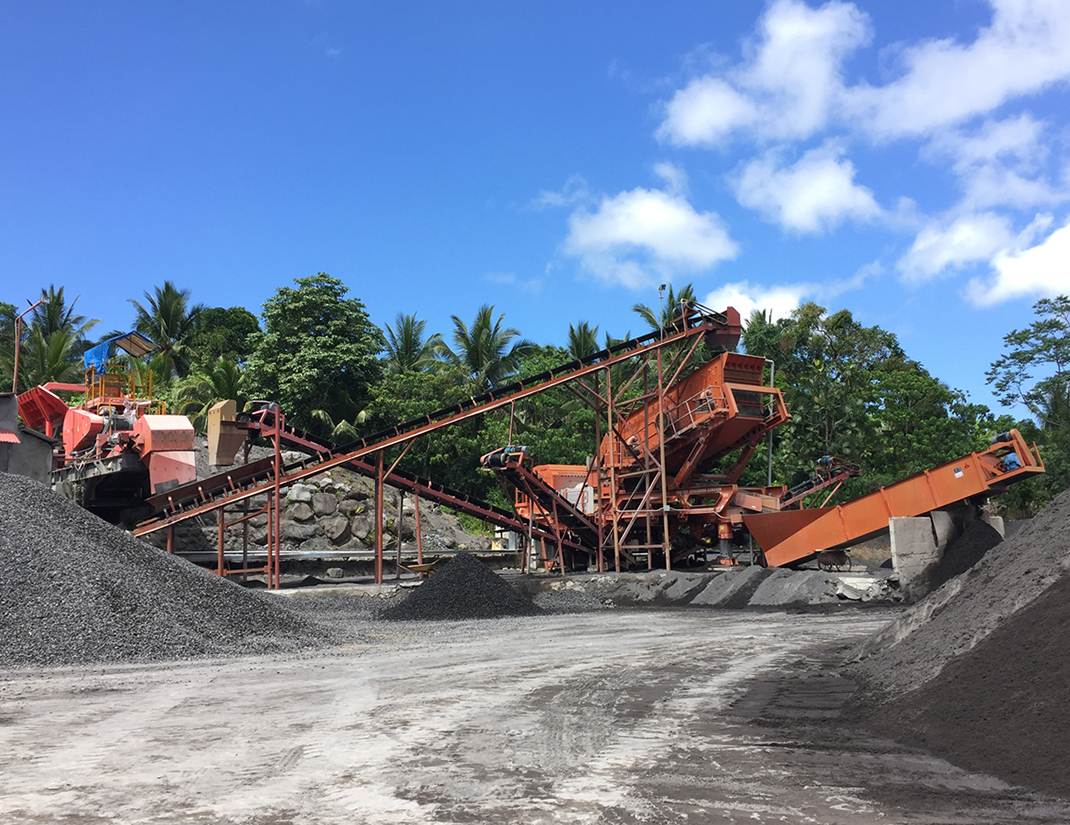cement industry wastewater
2020-07-09T08:07:27+00:00
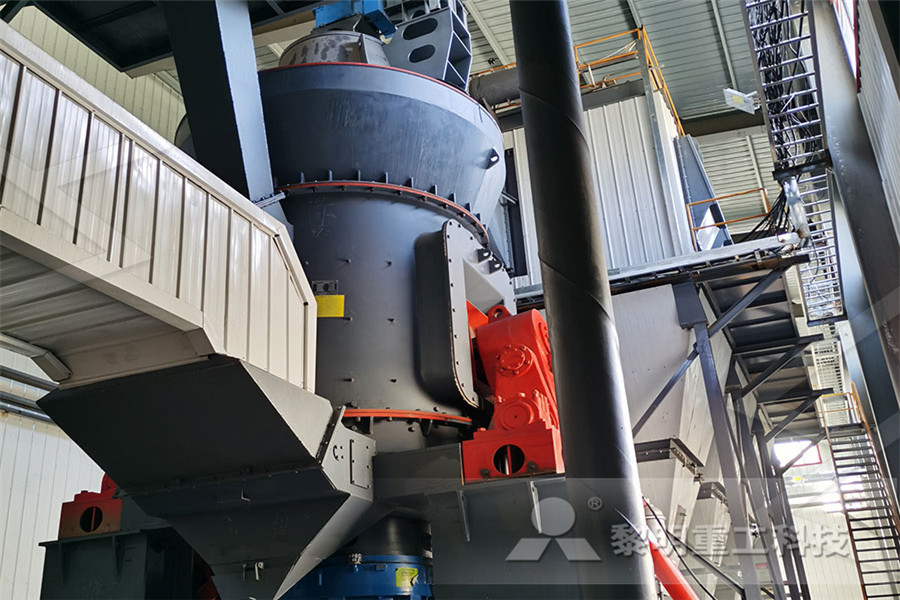
Cement Industry Water Treatment, Wastewater
The cement industry standard which is the closed system and continuous water reused practice requires a highly effective and efficient wastewater treatment that can filter solids from water to below 1 micron SepraTECH Solutions provides filters and clarifiers that can withstand the toughest environments due to highgrade industrial materials from the cement wastewater processA cement plant wastewater treatment system needs to be highly effective in order to remove the miniscule particulate that remains after cement production This becomes even more important when a closed system – the industry standard – is in place and the waste water is reused repeatedlyWastewater Treatment System Cement Industry Large quantities of cement dust are generated due to grinding and handling of cement Water is used to control cement dust by being sprayed on roadways and parking lots and used for washing trucks One possible use for water in the cement industry is for the prevention of air pollutionHow to Treat Wastewater from Cement Ceramic A cement plant wastewater treatment system has to remove minute particulate that remains after production This task is more important when a closed system the industry Water treatment for cement plant wastewater — H2O IQConcrete Wastewater Discharge Compliance Environmental agencies monitor and limit the levels of industrial wastewater contaminants a facility can discharge into sewers and waterways To comply with discharge limits, the concrete industry is required to lower Concrete Wastewater Slurry Treatment ALAR Corp
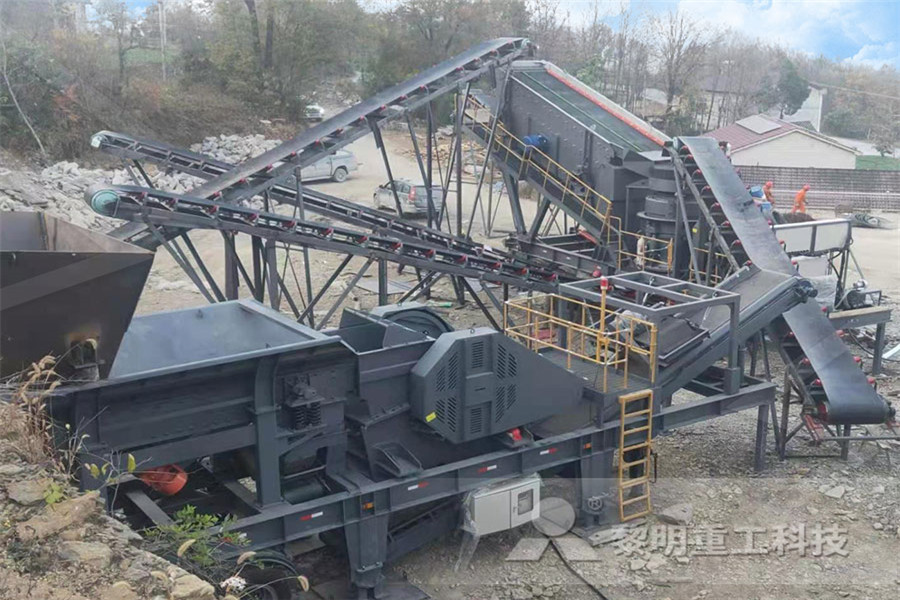
Cement Manufacturing Effluent Guidelines Documents
Cement Manufacturing Effluent Guidelines Final Rule (PDF) (1 pg, 152 K, February 23, 1977, 42 FR 10681) Cement Industry description, wastewater characterization, treatment technologies, regulatory compliance cost estimates and pollutant loadings for the final rule The compressive strength of cement mortar without organic wastewater was 25205 kgf/cm 2 at 28 days, where the compressive strength observed Efficient option of industrial wastewater resources in The results showed that there are no negative effects of using wastewater generated from the paint industry in the manufacture of the cement bricks and tiles, as well as it improves the mechanical properties of the cement bricks and tiles Paint wastewater can also be used in the manufacture of concrete products such as pavers, concrete blocks, roof tiles, masonry mortar, and concrete retaining Reuse paint wastewater in the manufacture of cement Various types of alternative fuels have been used globally in the cement industry, such as wastewater treatment plant sludge, waste plastics, scrap tires, automobile shredder residues and wood residues in the US (USEPA, 2008), biomass wastes in the Netherlands (ENCI Cement, 2007), wood chips, palm shells, palm fibers, saw dusts and barks in Thailand (VCS, 2009), wood and industrial Comparative LCA on using waste materials in the The compressive strength of cement mortar without organic wastewater was 25205 kgf/cm 2 at 28 days, where the compressive strength observed Efficient option of industrial wastewater resources in
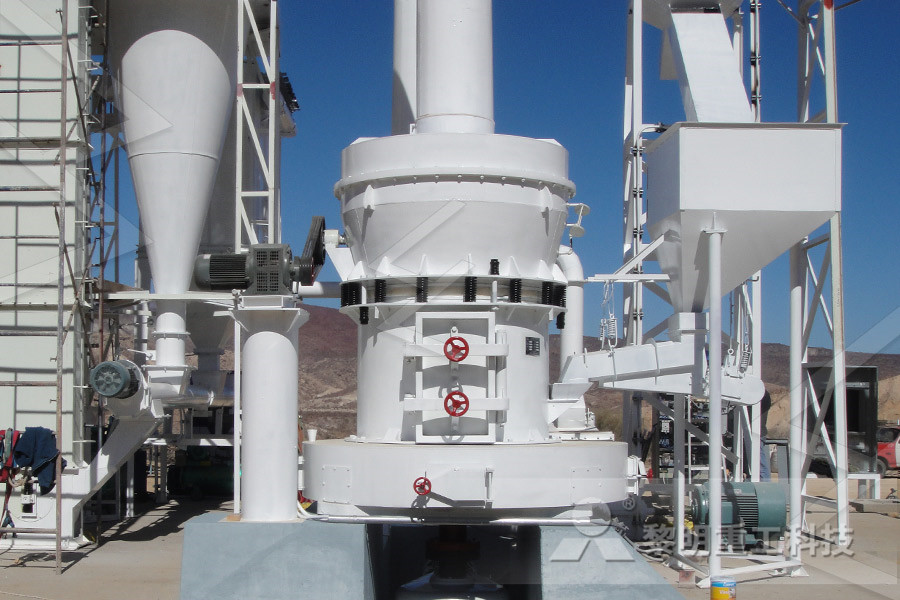
Water treatment for cement plant wastewater — H2O IQ
A cement plant wastewater treatment system has to remove minute particulate that remains after production This task is more important when a closed system the industry standard is in place and waste water is reused over and over Here we discuss why and how important is water treatment for cement plantcement, concrete readymix concrete industry waste water treatment Wastewater treatment plant for the Readymix Concrete Industies In these plants waste water gets generated through Washing of Readymix Trucks and from the other washing processes applied in the plantCEMENT, CONCRETE READYMIX CONCRETE INDUSTRY WASTE WATER ALAR has redefined water recycling equipment for the concrete industry The AutoVac® is a rotary vacuum drum filter that removes cement fines and color from concrete waste, yielding 10 specific gravity colorless water and exceptionally dry solids It is the only selfcleaning filter (nonclogging) on the marketConcrete Wastewater Slurry Treatment ALAR CorpIn the cement industry wastewater is not a big environmental problem Because, in general, cement production does not generate effluent In cement production, water is only used in small quantities in both the dry and semidry process (Ex; for cleaning process) 63 Waste Air Actually, waste air is the main waste which is generated from the (PDF) Cement Industry in Sri Lanka Sandeepa A Ranathunga Waste management is one of the most important and serious issues facing many developing countries The main purpose of this research involves reusing wastewater generated by the paint industry in the manufacture of cement bricks and tiles, in addition to improving some mechanical properties of the cement bricks and tiles Since large quantities of water are needed to produce bricks and tiles Reuse paint wastewater in the manufacture of cement bricks
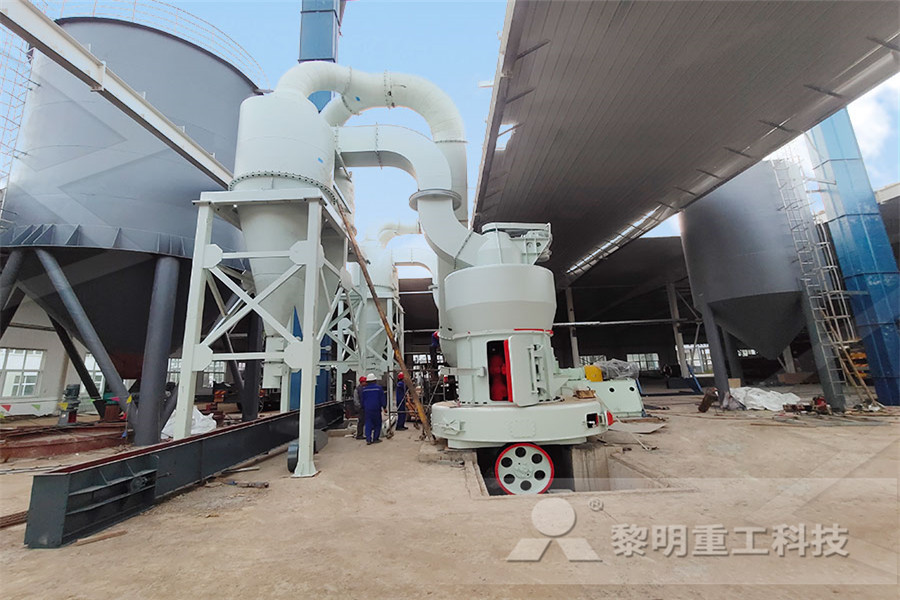
Influence of using dry and wet wastewater sludge in
This study shows that reusing of sewage dry and wet sludge with 5% of the cement weight in concrete mix can be considered as suitable disposal way for the resulting sludge from wastewater treatment plants with acceptable environmental ranges and acceptable effect on the concrete properties with cost saving in the concrete mix due to the The granular sludge produced during the Nereda treatment of wastewater contains a relatively high percentage of Kaumera By extracting it from the purified sludge, the amount of sludge that has to be removed and incinerated is reduced by 20 to 30% This makes applications in agriculture and horticulture and in the cement industry possible Value from wastewater TU Delft Cement Sector Trends in Beneficial Use of Alternative Fuels and Raw Materials 8 are the users of the industrial byproducts (eg, cement kilns) This is in part because the cement sector and other industry sectors have historically been paid fees to accept suchCement Sector Trends in Beneficial Use of Alternative Optimized operations management requires that plants and infrastructures in the water and wastewater industry be intelligently controlled and managed Our smart solution is the SIWA water management system – a modular solution for wastewater networksWastewater Water Industry Siemens USAcement, concrete readymix concrete industry waste water treatment Wastewater treatment plant for the Readymix Concrete Industies In these plants waste water gets generated through Washing of Readymix Trucks and from the other washing processes applied in the plantCEMENT, CONCRETE READYMIX CONCRETE
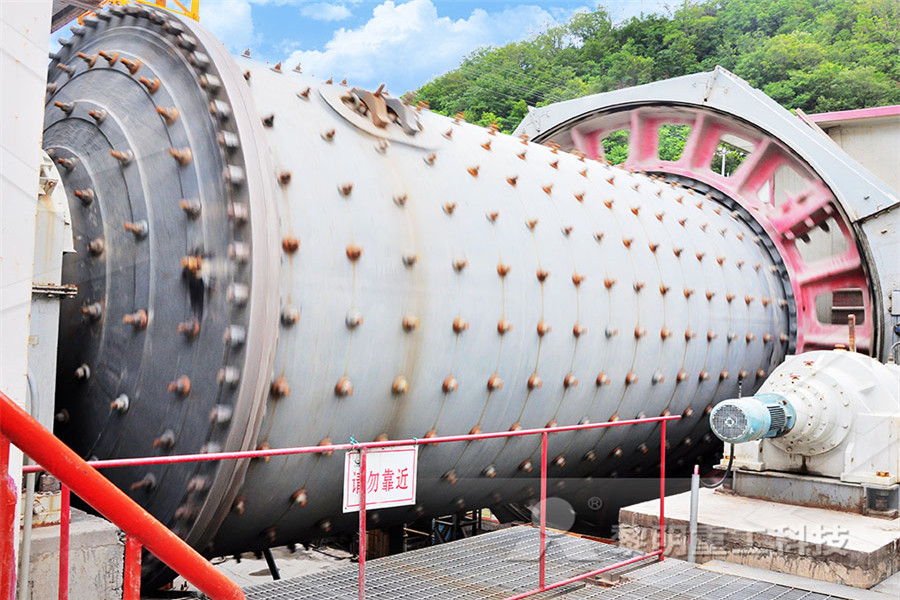
Concrete Wastewater Slurry Treatment ALAR Corp
ALAR has redefined water recycling equipment for the concrete industry The AutoVac® is a rotary vacuum drum filter that removes cement fines and color from concrete waste, yielding 10 specific gravity colorless water and exceptionally dry solids It is the only selfcleaning filter (nonclogging) on the market A cement plant wastewater treatment system has to remove minute particulate that remains after production This task is more important when a closed system the industry standard is in place and waste water is reused over and over Here we discuss why and how important is water treatment for cement plantWater treatment for cement plant wastewater — H2O IQ This study shows that reusing of sewage dry and wet sludge with 5% of the cement weight in concrete mix can be considered as suitable disposal way for the resulting sludge from wastewater treatment plants with acceptable environmental ranges and acceptable effect on the concrete properties with cost saving in the concrete mix due to the Influence of using dry and wet wastewater sludge in Agriculture is a significant and strategic market for the cement and concrete industry in Canada, accounting for 4% of annual cement output Concrete accounts for more than 17% ($76 million) of the total construction spending incurred on building products in the industrial marketCement industry studies agriwastes Environmental As long as the world clamors to build, the cement industry has little incentive to disrupt the status quo Correction appended An earlier version of this story said that a wastewater treatment plant requires 270,000 cubic yards of concrete A wastewater treatment plant requires 270,000 feet of concrete, not yardsAre we stuck with cement? The Outline
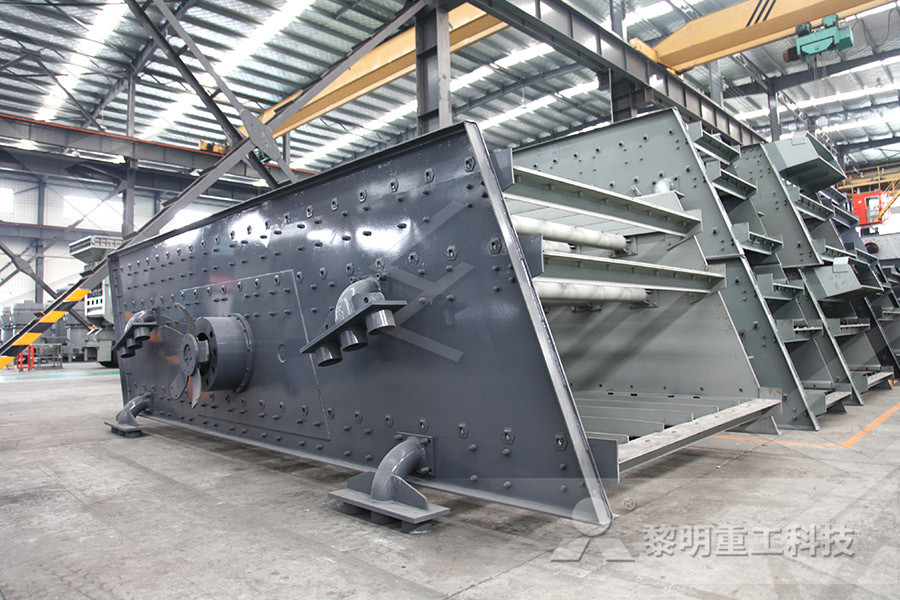
Value from wastewater TU Delft
The granular sludge produced during the Nereda treatment of wastewater contains a relatively high percentage of Kaumera By extracting it from the purified sludge, the amount of sludge that has to be removed and incinerated is reduced by 20 to 30% This makes applications in agriculture and horticulture and in the cement industry possible Cement Sector Trends in Beneficial Use of Alternative Fuels and Raw Materials 8 are the users of the industrial byproducts (eg, cement kilns) This is in part because the cement sector and other industry sectors have historically been paid fees to accept suchCement Sector Trends in Beneficial Use of Alternative Cement Industry Solutions; From the quarry to the finished product, TMEIC helps you realize safety, efficiency and reliability across all applications by appropriately applying medium voltage (>10kV) motors, variable frequency drives, and integration of motor control centers, switchgear products, and automation systems upon your request Cement TMEICIn cement manufacturing, early identification of mechanical problems on machines are priorities Wilcoxon vibration monitoring sensors are used by maintenance engineers to reliably collect data and detect faults on cement production machines used for grinding, crushing, material transport systems, ball and roller mills, and material separators Cement Industries Wilcoxon Sensing Technologies
- 1200 × 1500 jaw crusher di Italia
- enomic importance of mineral mining
- granite rock crusher plant
- Energy Saving Hot Sale Pf Impact Crusher Cgf 1313
- Shanghai Production Impact Crusher
- ball mill plant india sand
- used stone crusher plant for sale in usa
- grinding machine for clay brick specimen preparationcation
- Jaw Crushing Plants Ghana For Sale
- hancur bola mesin pabrik
- quartz powder crusher
- the real name of the rock breaking machines
- australian grinder pump suppliers
- rock crushers portland oregon for sale
- gold prospecting pdf in chile market Jan
- news of calcite powder in the market
- used mobile crusher plant in kenya
- ball mill design grind
- grinding stone traders
- st george metal crushers thadiyanpadu
- Stone Crusher For Sale Jordan Customer Case
- sandvi crusher for sale
- por le rock crushing mpanysstone
- work index of the hammer mill filetype 3a
- Raymond Mill Crusher For Sale
- Shanghai Electric Power Equipment Co Ltd
- screening machine for rent Algeria
- crusher equipment price list in india
- pipes used to flow the zinc ore in ball mill
- Copper Mining Belt Conveyors

